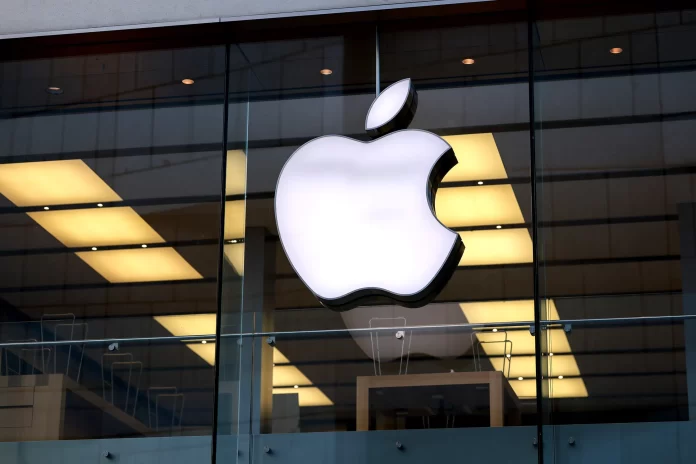
Apple announced its plan to support the RCS messaging standard on the iPhone. According to 9to5Mac, a software update is expected next year to enable iOS to use this messaging standard, which is already popular among Android devices.
RCS, or Rich Communications Standard, is a more advanced messaging service compared to traditional SMS and MMS used by smartphones since the beginning. Unlike SMS and MMS, RCS offers improved capabilities. Users can share higher-resolution photos and videos across devices. It also includes read receipts and enhances the messaging experience with emojis and GIFs seamlessly integrated into conversations. Importantly, RCS introduces extra layers of security not found in older messaging standards. Essentially, RCS offers almost all of the same features as iMessage (read receipts, HD photos/videos, etc) but in regular text form as opposed to through a single app like iMessage or Whatsapp.
Apple, known for favoring its iMessage platform, has consistently avoided embracing RCS. This has led to compatibility issues, especially for those communicating between Android and iPhone users. Videos exchanged between iOS and Android suffer from poor quality and low bandwidth, while Android users often encounter problems in group chats, experiencing missed messages, absent emojis, and other glitches.
Despite major players like Google, Verizon, AT&T, and T-Mobile supporting RCS, Apple has clung to SMS and MMS as a bridge between messaging platforms. Once Apple integrates RCS support, this reliance on the old bridge will become obsolete, potentially marking the end of SMS.
Anshel Sag, principal analyst at the technology analyst firm Moor Insights and Strategy says
“Now SMS can die, it can be sunset. So all the viruses and all the security flaws that are due to SMS can be eliminated.”
The integration won’t occur right away. Apple informed 9to5Mac that RCS support is slated for “the later half of next year.” This timeline implies that the support may coincide with the release of the next iOS version, usually in September.


